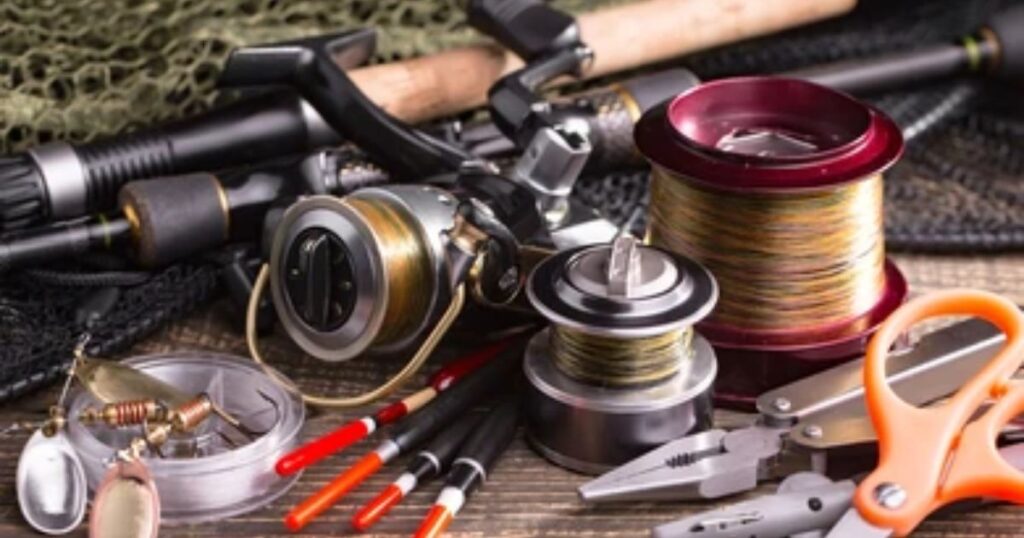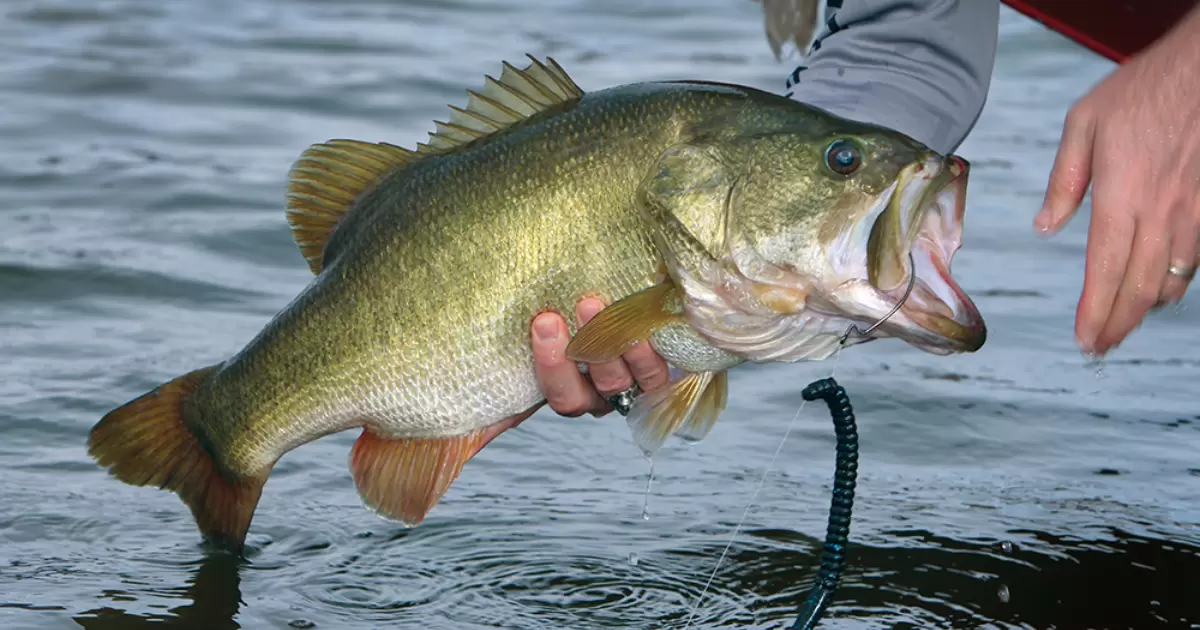Have you ever wondered, How to hold a bass fish? This question often crosses the minds of novice anglers, and it’s a vital skill to learn for anyone interested in fishing. The bass fish, renowned for its fighting spirit and delicious taste, is a popular catch among anglers. In this comprehensive guide, we will not only address the fundamental question of how to hold a bass fish but also delve into the essentials of bass fishing, tackle some common misconceptions, and provide useful tips for both beginners and experienced anglers.
What is a Bass Fish?
Before we dive into the specifics of holding a bass fish, let’s clarify what exactly a bass fish is. Bass is a common name for various freshwater fish species, including the largemouth bass and smallmouth bass. These species belong to the family Centrarchidae and are widely distributed across North America. Known for their aggressive behavior and challenging catch, bass fish have become a sought-after target for anglers.
The Importance of Properly Holding a Bass Fish
Properly holding a bass fish is vital for both the fish’s well-being and conservation efforts. Supporting the fish horizontally beneath its belly prevents injury to its jaw and spine. This practice ensures the fish can be safely released, contributing to the preservation of bass populations and the thrill of future angling adventures.
How to Hold a Bass Fish?
To hold a bass fish properly, ensure your hands are wet to protect the fish’s slime coat. Support the fish under the belly and near the tail, cradling it gently. Avoid squeezing or gripping too tightly. This technique minimizes stress on the fish, ensuring its safe release back into the water. So, how should you hold a bass fish? Properly holding a bass fish is crucial for the safety of the fish and your own. Follow these steps.
Wet Your Hands Before touching the bass, wet your hands to protect its slime coat, which acts as a barrier against infections.
Support the Fish Gently cradle the bass with one hand under its belly and another supporting its weight from underneath. This avoids harming its internal organs.
Avoid Squeezing Never squeeze the bass too tightly; maintain a gentle grip to prevent injury.
Minimize Contact Handle the fish as little as possible. Excessive touching can remove its protective slime.
Hold Firmly Keep a firm but gentle hold, ensuring the fish doesn’t slip from your grasp.
Be Mindful of Hooks Be cautious of hooks and lures, ensuring they don’t catch you during handling.
Bass Fishing Essentials
Encompasses the fundamental tools and knowledge required for successful bass fishing. This includes choosing the right lures, rods, and reels, understanding bass behavior, and mastering various techniques. These essentials are vital for anglers aiming to reel in the elusive and prized bass species in freshwater bodies. Now that you know how to hold a bass fish, let’s explore some essentials for successful bass fishing.

Rod and Reel Choose a medium-heavy or heavy-action rod and a baitcasting reel.
Line Use monofilament or fluorocarbon line for its strength and sensitivity.
Lures Popular bass lures include crankbaits, soft plastics, and jigs.
Techniques
Casting Learn to cast accurately near structures where bass like to hide.
Retrieve Vary your retrieval speed and style to trigger bass strikes.
Patience Be patient and observant; bass can be selective in their choice of prey.
Locations Bass tend to hide near structures like submerged trees, rocks, or lily pads.
Pay attention to water temperature and season; bass behavior changes with the weather.
Informational Table
| Fishing Technique | Best Season | Preferred Lure |
| Topwater | Spring | Popper |
| Crankbait | Summer | Squarebill |
| Spinnerbait | Fall | Spinner |
| Soft Plastics | Winter | Senko |
Common Misconceptions
Common misconceptions about bass fishing often revolve around the belief that it’s all about luck or that it requires expensive gear. In reality, successful bass fishing relies on skill, knowledge of fish behavior, and understanding the right techniques. You don’t need a fortune in equipment, but you do need patience and expertise. Let’s clear up some misconceptions about bass fishing
Bass are Lazy Contrary to popular belief, bass can be active year-round, but their behavior varies with the seasons.
Bass Only Feed on Fish Bass are opportunistic feeders; they eat insects, crustaceans, and even smaller bass.
You Need Fancy Gear While good equipment helps, you don’t need top-of-the-line gear to catch bass successfully.
Tips for Bass Fishing Success
To achieve bass fishing success, anglers should focus on using the right lures and techniques for the season and water conditions. Patience and persistence are key, as bass can be elusive. Study their habits and habitats, employ proper casting and retrieval methods, and stay attuned to weather patterns for optimal results. Whether you’re a novice or an experienced angler, these tips can improve your bass fishing game:
Study Local Waters Familiarize yourself with the water bodies you plan to fish. Local knowledge is invaluable.
Stay Patient Bass fishing can require patience, as bass are sometimes elusive.
Learn from Others Join local fishing communities or watch experienced anglers to gain insights and tips.
Release with Care If you catch and release, ensure the bass is returned to the water gently and unharmed.
FAQs
Can I catch bass year-round?
Yes, but their behavior varies with the season. They can be caught in all seasons with the right approach.
What’s the best time of day to catch bass?
Early morning and late afternoon are often the best times, but bass can be caught throughout the day.
How do I know when to set the hook when a bass bites?
Feel for a noticeable tug or pressure on the line, then set the hook with a swift, but not overly forceful, jerk.
Conclusion
Learning how to hold a bass fish is just the beginning of your journey into the exciting world of bass fishing. Proper handling ensures the safety of the fish and your enjoyment of the sport. Understanding the basics of bass fishing, dispelling common myths, and following tips for success will contribute to your growth as an angler. Remember, bass fishing is not just about the catch it’s about the experience and the love for this incredible sport.
So, get your gear ready, hit the water, and have a great time bass fishing. Whether you’re a beginner or a seasoned angler, following these guidelines can help you become a more skilled and responsible bass fisherman.

